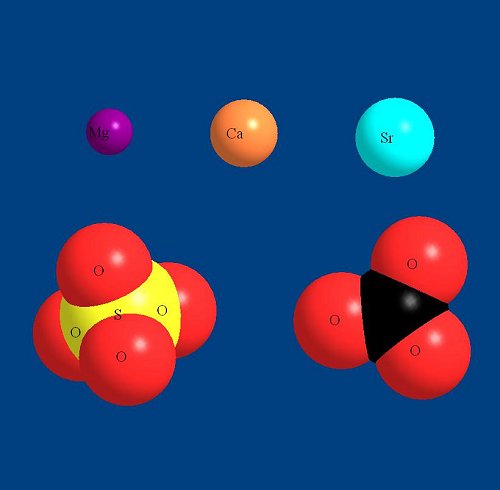- Joined
- Aug 24, 2016
- Messages
- 1,660
- Reaction score
- 2,559
I have just seen the link above doesn't work when copied, it works only as direct link.
Try this one or just copy the citation and insert it into the google scholar search engine.
Try this one or just copy the citation and insert it into the google scholar search engine.

















